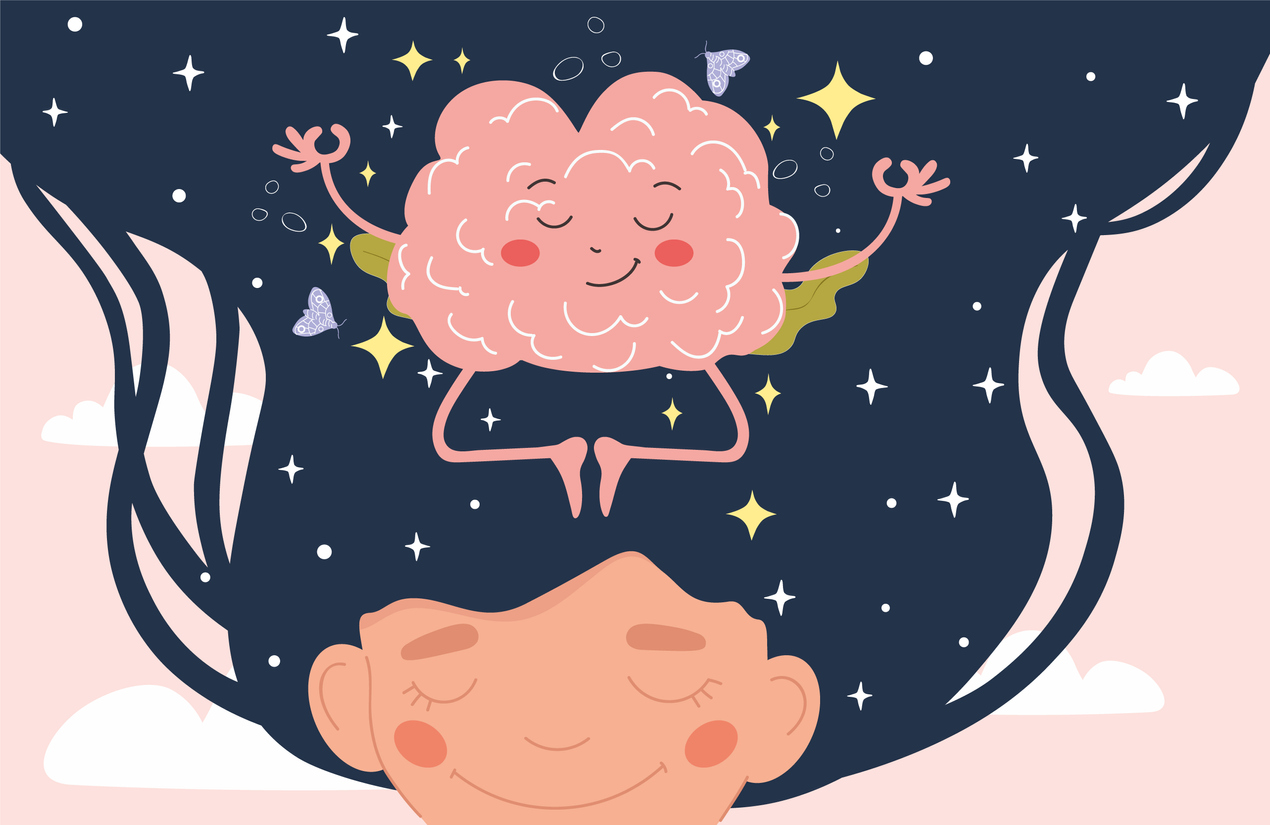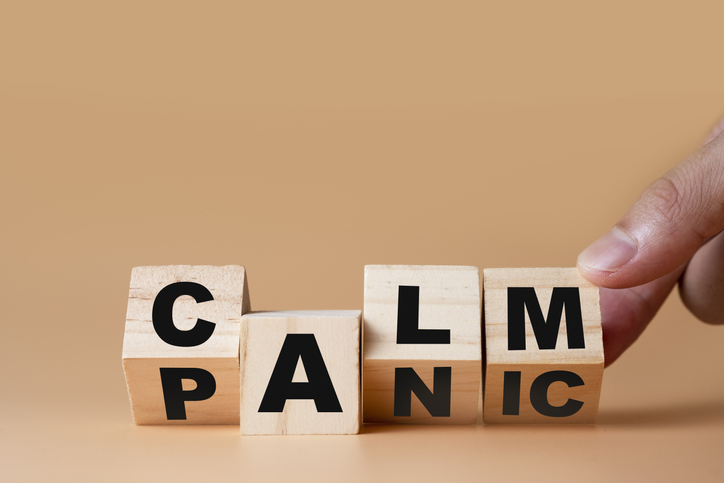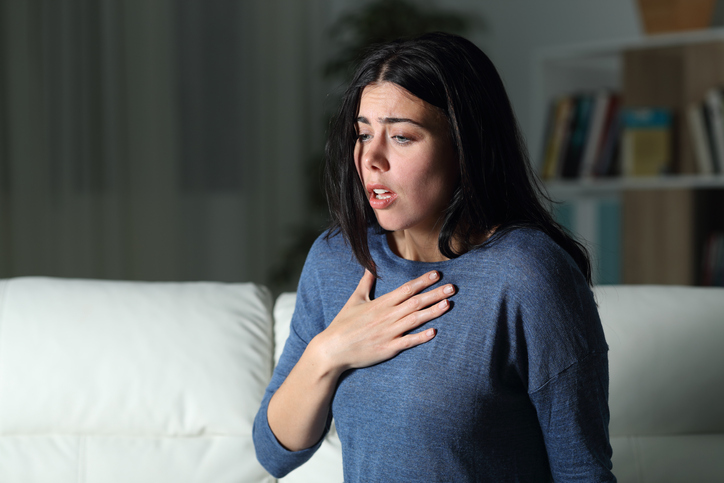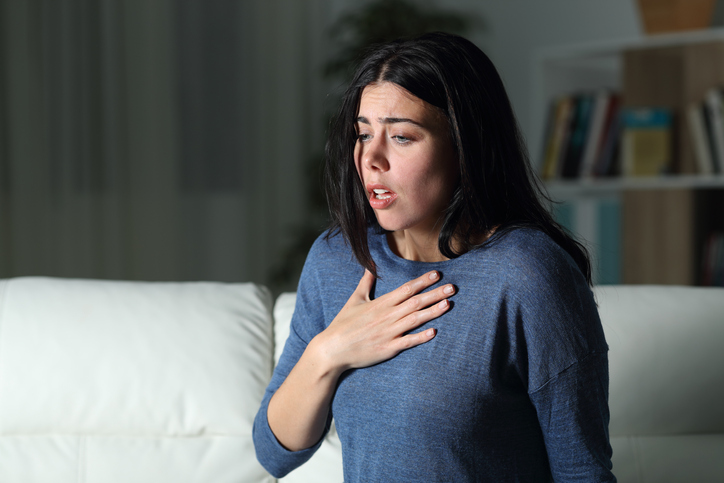Living with Chronic Pain
Conventional Treatment Options for Anxiety Disorders

Various conventional treatment options are available for anxiety disorders. The two most common treatments for anxiety disorders are psychotherapy and medications, which can be beneficial either alone or in combination. A cranial electrotherapy stimulator may also be a treatment option for some individuals.
Psychotherapy
Psychotherapy, or talk therapy, can help individuals with anxiety disorders learn tools and strategies to cope with anxiety.
One of the most common types of psychotherapy used to treat anxiety disorders is cognitive behavioral therapy (CBT). CBT involves working with a therapist or psychologist to learn different ways of thinking, reacting, and behaving in anxiety-producing situations. Identifying and learning to manage aspects of life that contribute to anxiety is also part of CBT. A specific type of CBT used for anxiety disorders is exposure therapy, in which gradual exposure to feared situations occurs, which lessens feelings of anxiety over time.
Other types of psychotherapy that may be used to treat anxiety disorders include psychodynamic therapy or interpersonal psychotherapy.
Medications
A variety of prescription medications are available to help relieve the symptoms of anxiety disorders, including the following:
- Antidepressants
In addition to treating depression, many antidepressants are used to treat anxiety disorders. Antidepressants are typically the first choice for medication treatment. They affect neurotransmitters in the brain that regulate mood and stress. - Anti-anxiety medications
Anti-anxiety medications can relieve the symptoms of panic attacks or extreme fear and worry. Benzodiazepines are the most commonly used class of anti-anxiety medications. These are often prescribed for a short time, such as during a flare-up of symptoms. An example of a non-benzodiazepine anti-anxiety medication is buspirone, which can be used long-term for chronic anxiety. - Beta-blockers
Although beta-blockers are most commonly used to treat high blood pressure, they can also be used to treat symptoms of anxiety. Beta-blockers are also typically prescribed for short periods and may be taken before a stressful situation, such as giving a speech. Propranolol is an example of beta-blocker. - Atypical antipsychotics
While commonly used to treat psychosis, atypical antipsychotics can also be used to reduce anxiety. These medications may be prescribed “off label” (for a condition other than the condition the FDA approved it to treat). Examples of atypical antipsychotics used to treat anxiety disorders include quetiapine, aripiprazole, clozapine and risperidone. - Anticonvulsants
Because anticonvulsants have been found to work for some mood disorders, they have also been prescribed for the treatment of anxiety disorders. Currently, pregabalin is the only anticonvulsant that has shown it can help treat anxiety disorders, specifically generalized anxiety disorder and social phobia.
Cranial electrotherapy stimulation
Cranial electrotherapy stimulation (CES) is also a treatment option for anxiety disorders. During CES treatment, pulses of a low-intensity electrical current are applied to the earlobes or scalp. These pulses affect brain activity in a way that may reduce symptoms of anxiety.
A health care professional should be consulted to identify the best treatment or combination of treatments to help treat an anxiety disorder.


















